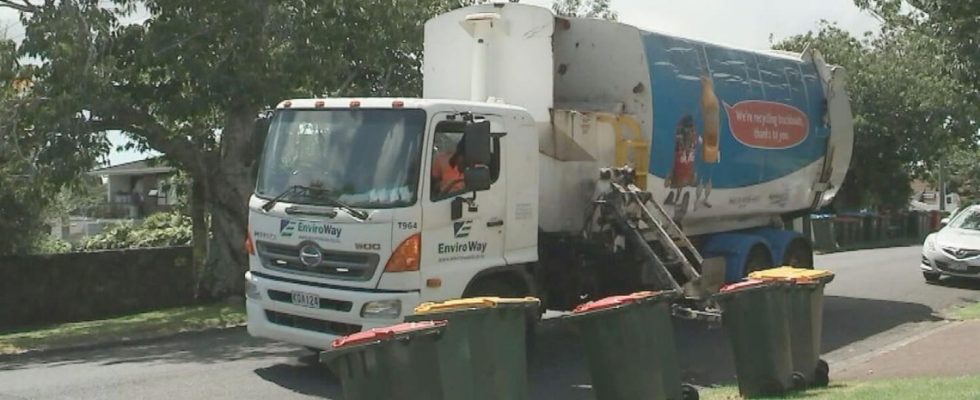To punish those who do not properly sort their waste, cameras are installed in garbage trucks and their images are analyzed by AI.
Green, yellow, brown, blue trash can… not a year goes by without a new trash can appearing in our cities to sort waste. But sometimes we make mistakes when sorting. Thus, each year, each French person misdisposes some 10 kilos of waste. This is considerable because it generates additional costs for cities who have to resort waste or sometimes send entire containers of recyclable waste to destruction because they visually contain too many poorly sorted trash cans.
This problem does not only concern France. But some countries have come up with solutions to stem it. This is the case in Australia, in the city of Auckland where sorting errors cost residents nearly 3 million euros per year. And garbage collection staff say the rate of poorly sorted waste has even increased from 20% to 25% since stricter rules were put in place three months ago.
To put an end to poor sorting and encourage residents to be more careful and responsible, the city began experimenting with artificial intelligence (AI) in recycling trucks since April to identify the wrong types of waste and help target those who repeatedly use the wrong bins.
The artificial intelligence system has two cameras feeding two trucks, which then send their images to software with object recognition. The software can recognize three of the most frequently missorted waste: plastic bags, garbage bags and textiles. If someone fills their recycling bin with garbage bags, they may be identified and punished, the city says. The AI data will indeed make it possible to know the GPS coordinates of the person who made a sorting error with an approximate precision of 10 houses. After that, trash inspectors will follow up.
In France, since 1er January 2024, poorly sorting your waste is punishable by a fine of 35 euros. An apple peel in the glass bin or a cheese crust in the yellow bin could theoretically result in a fine. It is the municipal police officers and judicial police officers who can sanction offenders. Failure to comply with sorting and recycling instructions is in fact governed by article R 632-1 of the Penal Code. For the moment, in our country, artificial intelligence is not used to detect bad sorters. But for how much longer?
